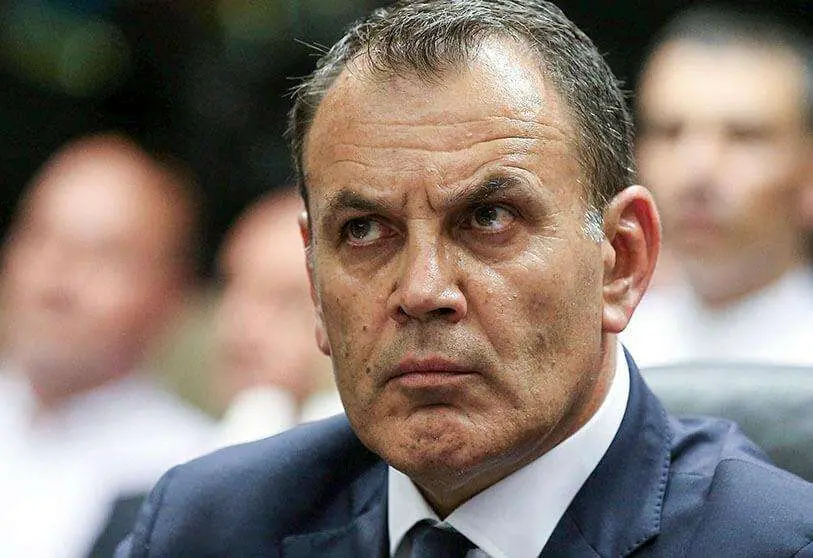Greece boosts its defence budget because of the threat from Turkey

Despite the economic crisis resulting from the COVID-19, Greece has been forced to increase its defence budget owing to the growing tension in the eastern Mediterranean caused by Turkey and Erdogan's expansionist zeal. The Greek country was already one of the few to keep its defence budget above two percent of GDP, as agreed by the NATO member countries, but it does not appear to be sufficient.
In mid-December the Greek parliament approved the 2021 budget, which envisaged increasing the defence budget by 57 percent over the previous year. This increase puts defence investment at 3.4 percent of Greece's GDP, some 5.5 billion euros, while the amount earmarked in 2019 remained at 2.3 percent.
As part of this increase in investment, the Greek government, beginning with Prime Minister Kiriakos Mitsotakis and Defence Minister Nikos Panagiotopoulos, intends to include part of the new acquisitions planned, although some of these will also be financed through subsequent budgets.
In this context of increased expenditure, it should be recalled that Greece has invested some 11 billion euros over the past five years in modernising its armed forces in view of the tension with Turkey and the latest developments in the eastern Mediterranean. Athens has also announced the extension of the compulsory military service that Greeks face at the age of 20, by three months, so that it will last a year as long as bad relations with Ankara continue.

One of the acquisitions already confirmed is the 18 Rafale aircraft belonging to the French company Dassault, part of which will be new and part second-hand, at a cost of over 2.3 billion euros, to be paid for between this year and next. Similarly, Greece is in the list of candidates seeking to acquire the US F-35.
In mid-November, Athens made a formal request to acquire between 18 and 24 US F-35s, with the aim of replacing its current F-16s. These planes could be the ones that Turkey has not acquired after being expelled from the programme precisely because of its hostile attitude in the region. Greece knows that the Air Force is the weak point of the Turkish Armed Forces, therefore it tries to distance itself even more with these acquisitions.
Greece is also on the verge of acquiring four MH-60R Sea Hawk helicopters from the USA and modernising nearly a hundred of its F-16s. Also on the table is the acquisition of type 412 German submarines that the Greek navy already uses, and the possibility of buying new frigates, without the model being decided yet, which could come from France or Germany. Lastly, the Greek defence ministry intends to increase the number of troops in its armed forces by a further 15,000.

The Greek Ministry of Defence has signed a collaboration agreement with the Israeli for the development of a flight school for the Greek Air Force, which includes 10 Leonardo M-346 Lavi aircraft for the training of Greek pilots, and also the purchase of simulators and other logistical support elements. The agreement amounts to almost 1.7 billion euros and will last for two decades.
The flight school will be built and maintained by the Israeli company Elbit, having been selected in the international tender carried out by the Greek government. The upgrading of the Greek Air Force's T-6s by the same Israeli company is also envisaged. With this agreement, Greece is reinforcing the training of its pilots, in order to try to make a difference with Ankara.
This is a historic agreement between the two countries in a fairly turbulent regional context in which both Turkey and Greece keep a close eye on any acquisitions or decisions of this kind, as it is a question of reacting immediately, something that keeps the means available to both armed forces, particularly in the air and sea, fairly even.








